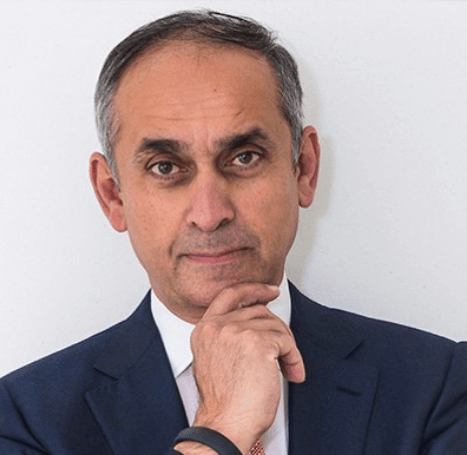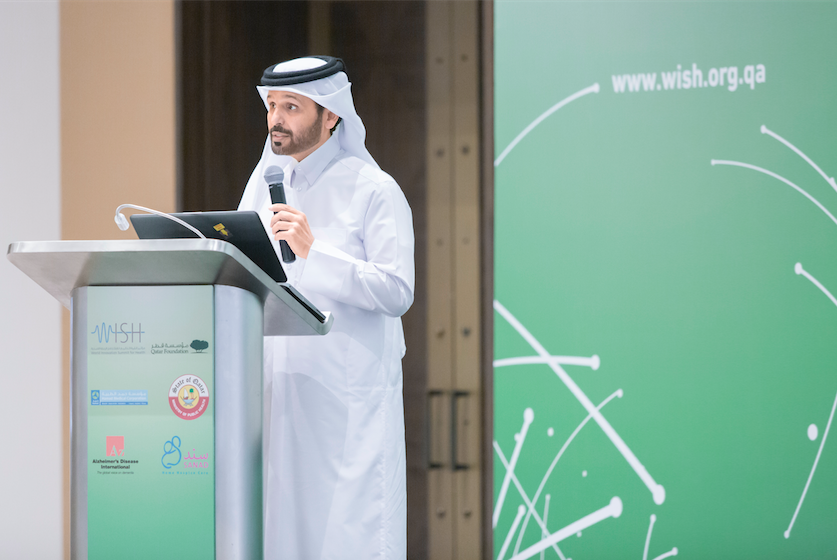An Inside Look At WISH: The World Innovation Summit For Health

Source: Forbes
Editor’s Note: Lord Ara Darzi is Executive Chair of the World Innovation Summit for Health (WISH) and Director of the Institute of Global Health Innovation, Imperial College London.
Rahim Kanani, Skoll World Forum: As the Executive Chair of the World Innovation Summit for Health (WISH), tell me a little bit about the motivation behind launching a new international convening that focuses specifically on global health and innovation. Why this issue, and why now?
Lord Ara Darzi: Healthcare is facing some of its greatest ever challenges and if we are to succeed in tackling them, all nations must find new and innovative ways to treat and prevent illness.
The healthcare industry has an unrivaled record in innovation – developing new drugs, new forms of surgery and new ways of delivering care. It has been much less good at spreading innovation to transform care for all.
There will be world experts and influential leaders from over 50 countries represented at WISH, providing a unique opportunity to share experience and find the solutions we need to the global challenges of today. Only by exchanging ideas across borders and working more closely across different sectors and disciplines can we make the changes we need to help improve the health of people everywhere.
Kanani: You recently stated that radical innovation is needed to meet the world’s health challenges. What are some examples you can point to around the world that symbolize this kind of innovation and entrepreneurship?
Lord Darzi: There are many excellent examples of innovation in healthcare all over the world – indeed 15 of these will be on show at WISH.
The ideas range from practical devices to design and digital solutions and include for example a solar powered water purifier developed in Sweden and now used worldwide to improve access to clean water and a motorcycle ambulance developed in the UK and used to navigate rough terrain throughout Africa and India, providing healthcare in hard to reach areas.
By highlighting successful innovations such as these, our ambition is to inspire others to take up new ideas and implement them for the benefit of people all over the world.
Kanani: As Chairman for the Institute of Global Health Innovation at Imperial College London, what are some of the key trends today in global health that we should be paying particular attention to?
Lord Darzi: All healthcare systems face similar challenges from aging populations, the increase in non-communicable diseases, advances in technology and rising expectations. Without innovative solutions, rising health care costs will outstrip our ability to meet them.
At this inaugural WISH we will be focusing on eight of the most pressing global health challenges currently faced: Accountable Care, Antimicrobial Resistance, Big Data and Healthcare, End of Life Care, Mental Health, Obesity, Patient Engagement and Road Traffic Injury.
Experts from around the world have been examining these areas and will report on some of the most innovative solutions from around the globe.
Kanani: At the same time, what are some issues in global health that perhaps have not got a spotlight, but should?
Lord Darzi: Some of the areas we have chosen to focus on this year at WISH are often neglected in comparison to the burden of mortality and morbidity they cause.
For example, few are aware that resistant bacteria like MRSA (methicillin-resistant S. aureus) kill more US citizens every year than HIV/AIDS or that died in the 2009 flu pandemic.
Or that roads traffic injury remains one of the leading causes of death worldwide, with over a million people dying in road traffic crashes each year and many more injured.
And that although mental health conditions affect the well-being of hundreds of millions of individuals, cause considerable disability and incur high economic and social costs, this remains one of the most neglected of all global health concerns.
Kanani: At WISH, what kinds of issues will you be tackling and what do you hope to achieve in this inaugural meeting?
Lord Darzi: This year’s inaugural summit focuses on eight of the most pressing and serious global health challenges facing governments, health systems and populations – wherever we live in the world.
Also being unveiled during the summit is groundbreaking research, the Global Diffusion of Innovation (GDHI). This is an exciting development in the world of healthcare, helping countries to understand how best to spread new ideas and innovations. This year, the GDHI research will assess factors that foster adoption of healthcare innovations in eight countries including Australia, Brazil, England, India, Qatar, South Africa, Spain and the United States of America.
We want to inspire people to take up the best ideas and implement them in countries all over the world, closing the gap between what we know and what we do. And by bringing together people with the power to make a real difference, our ambition is to help improve the health of people everywhere.



